Overview
Each year the Rowland Foundation awards up to six Rowland Fellowships to Vermont middle grades and secondary school teachers. Since some teachers apply with a partner to share a fellowship, the number of Rowland Fellows selected from qualified applicants for each cohort varies from year to year.
The Rowland Foundation’s mission is to invest in Vermont teachers to positively change the culture and climate of schools. We welcome applications from classroom teachers of all disciplines, school counselors, special educators–all Vermont teachers who work directly with students in the middle or secondary grades are eligible to apply. Administrators, instructional coaches, coordinators, and program directors are not eligible.
"The Rowland Fellowship is a truly unique experience that continues to provide Rutland High School educators with flexible scheduling, financial support, and inspiring networks, making innovation in our school not only a possibility, but a reality."
Erica Wallstrom, 2014 Rowland Fellow, former Rutland High School Science Teacher, Board of Trustees
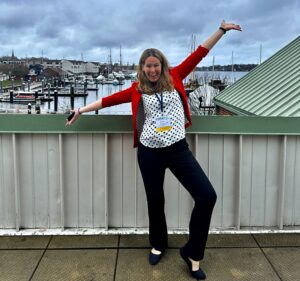
"[The Rowland Foundation] is a network of optimism and hope."
Rachel Cohen, 2019 Rowland Fellow, Colchester High School
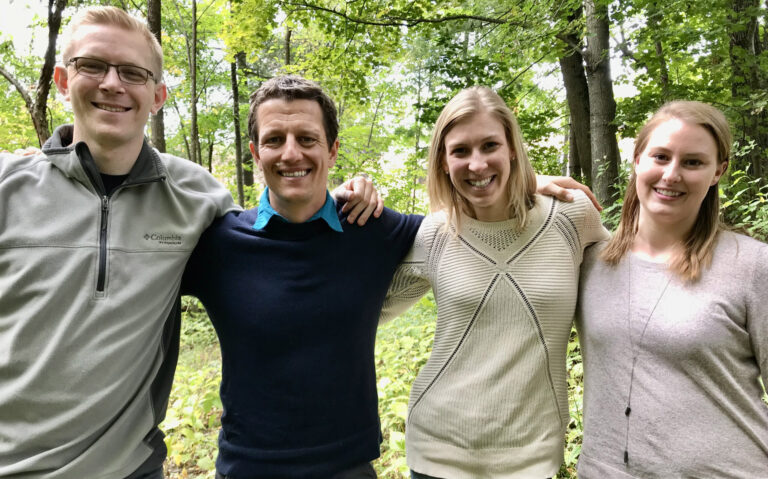
The Rowland Foundation provides grants of up to $100,000 to each receiving school to support their Rowland Fellow’s change idea to transform an aspect of the school in order to positively impact its culture and climate. A large part of these funds cover substitute costs so that the Rowland Fellow can be released from teaching duties in order to develop their school change Fellowship initiative. The remainder of the funds support Fellowship activities so the Rowland Fellow can conduct research, do site visits, develop strategic partnerships, and organize the work of their Collaborative Work Group. Rowland Fellows submit an updated version of their Fellowship budget to the Executive Director twice a year.
All Rowland Fellows and their principals sign a Memorandum of Understanding (MOU) with the Rowland Foundation that outlines the obligations and responsibilities of all parties.
Eligibility
All Vermont middle and secondary grades teachers are warmly invited to submit a proposal for a Rowland Fellowship. To be eligible, teachers must be currently practicing their profession in a Vermont school and work directly with students on a daily basis. This includes Vermont teachers practicing in the secondary or middle grades, including all subject areas, as well as guidance counselors, mental health counselors, or healthcare professionals who are full-time staff at a Vermont school. Administrators, coordinators, and instructional coaches are not eligible to apply. The Rowland Foundation accepts proposals only from Vermont schools that are 1) eligible for public funding, and 2) do not have selective admissions.The Rowland Foundation’s selection process does not discriminate on the basis of race, ethnicity, sexual orientation, gender identification, language, religion, (dis)ability, or national origin.
The Rowland Foundation seeks candidates who demonstrate:
- a capacity for shared leadership and innovation
- a commitment to supporting meaningful and lasting change in their school
- a willingness to take risks and adapt to emerging challenges
- the ability to work collaboratively and develop key partnerships with others
- a sincere commitment to their school, their chosen discipline and their students
- a deep curiosity and ongoing enthusiasm for professional learning
- the strong desire to improve the culture and climate of their respective schools.
The Rowland Foundation seeks proposals which:
- lead to systemic change to improve their school’s culture and climate
- are innovative and schoolwide (i.e., benefit many students)
- are sustainable after the Rowland Foundation completes its funding
- are exportable to other schools. The Rowland Foundation is keenly interested in affecting change throughout Vermont.
- have the complete support of the principal or head of school. This will be a key element of the interview process by the Executive Director prior to selection.
"This experience has changed my life for the better in every way."
Kathy Cadwell, 2016 rowland fellow, Harwood Union High School
The Rowland Cohort Model
The Rowland Foundation’s approach to school change is predicated on shared leadership and deep collaboration, consequently Rowland Fellowships are never completed in isolation. The Rowland Cohort Model is a two-year cycle that brings Rowland Fellows together to provide critical support for their challenging school transformation work.
The Rowland Cohort is also a commitment. Rowland Fellows commit to working with their peers and the Rowland Senior Associates who organize and facilitate Rowland Cohort Meetings. The Rowland Fellows take turns hosting Cohort meetings at their schools, which gives Fellows the opportunity to see the work of culture & climate at different schools around the State. The Rowland Foundation’s Executive Director attends all Cohort meetings in order to better support their work. Rowland Fellows also commit to engaging in the following activities during the two-year cycle of their Fellowship and Cohort work, sponsored by the Rowland Foundation to support shared leadership, innovation, and collaboration in their school change work:
- Attend a Rowland Fellowship Orientation meeting with the Executive Director in in the spring of the first year of their Rowland Fellowship
- Actively participate at all Rowland Cohort meetings, to take place every two months at different Fellows’ schools around Vermont.
- Take Collaborative Practice for Equity, a three-credit graduate course, with Senior Associate Jeanie Phillips and their Rowland Cohort in the first year of their Rowland Fellowship
- Bring their Principal to the daylong Rowland Fellowship Launch in the spring of the first year of their Rowland Fellowship
- Bring their Principal & Collaborative Work Group Members to the daylong Shared Leadership Retreat in the fall of the first year of their Rowland Fellowship
- Bring a school team to the Annual Rowland Conference during the first two years of their Rowland Fellowship
- Attend the Rowland Foundation All Fellows Retreat during the fall of the first two years of their Rowland Fellowship

The Collaborative Workgroup
Any successful Rowland Fellowship initiative is based on shared leadership. This is why the Rowland Foundation requires each Rowland Fellow to convene, organize, and lead a Collaborative Work Group to help design and implement their school change proposal. The Collaborative Work Group should consist of 7-10 people who are available to do the side-by-side, hands-on work of the Fellowship with their Rowland Fellow. Collaborative Work Groups typically include a cross-section of teachers, students, community members, and the Principal (or designee). The Collaborative Work Group should meet at least once each month with a planned agenda for each meeting. Rowland Fellows are strongly encouraged to use the Cohort’s collaborative practice strategies with their Collaborative Work Group.
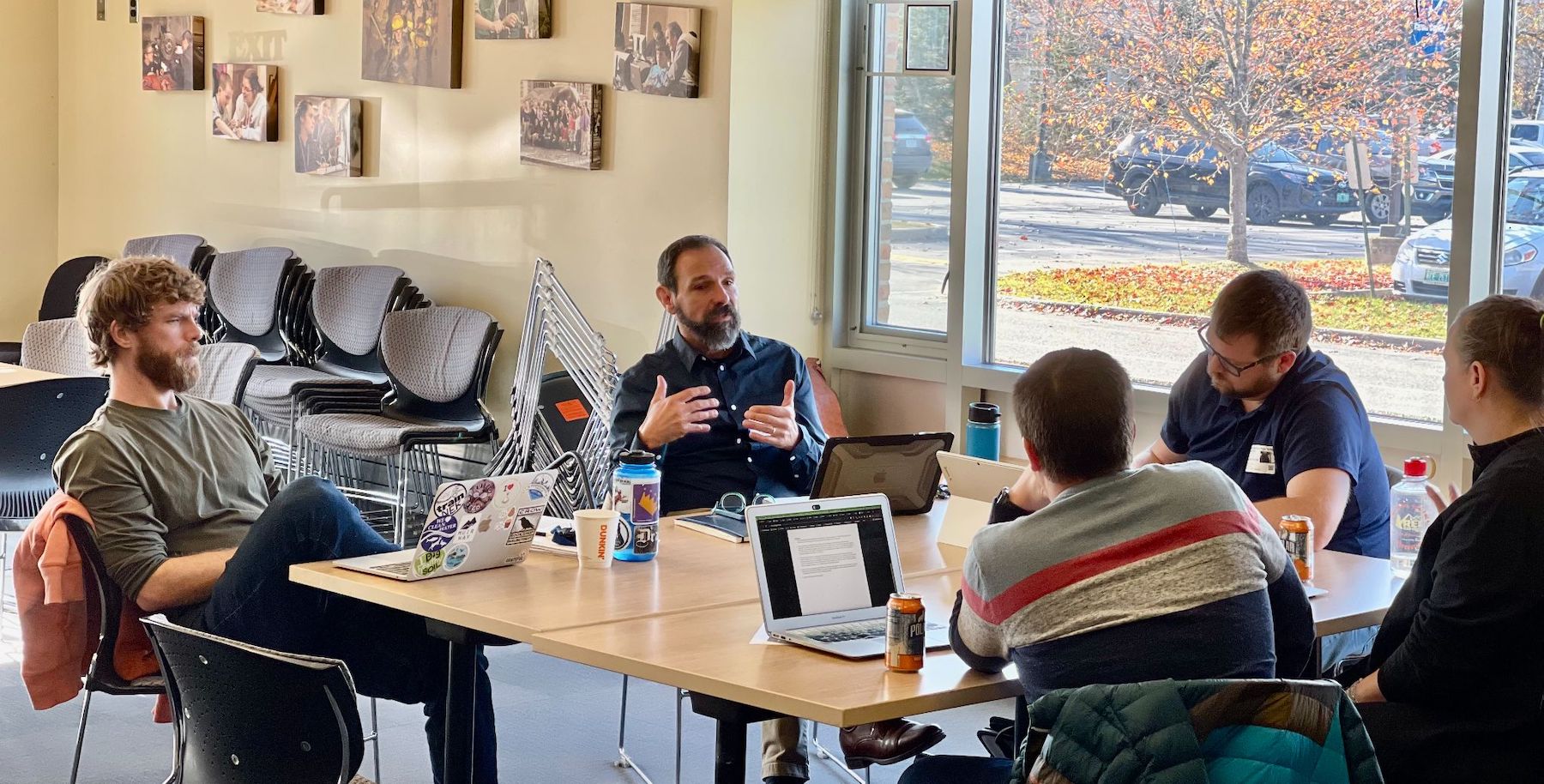
Application Process


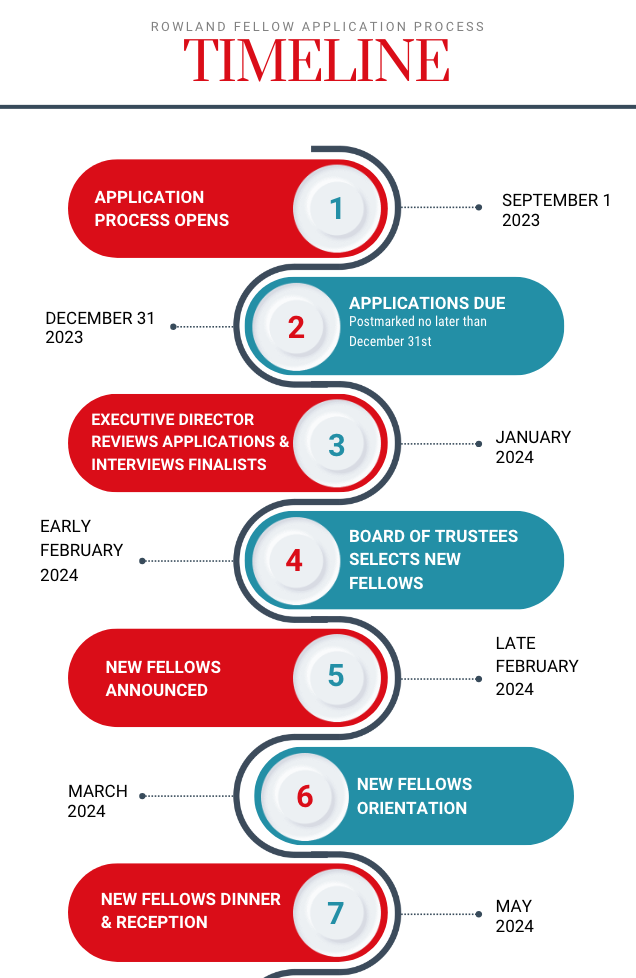
The Two-Year Cohort Model
| PRE-FELLOWSHIP WORK: Onboarding and Preparation | ||
| March: | New Fellows’ Orientation | |
| May: | New Fellows Dinner & Reception Fellowship Launch with Principals | |
| YEAR ONE: Research & Collaboration | ||
| September: | The Cohort of Rowland Fellows takes Collaborative Practice for Equity 3-credit graduate course together with Senior Associate Jeanie Phillips. Rowland Fellows’ teaching duties are covered by a long term substitute so they can pursue their Fellowship work. The first Cohort Meeting takes place at one of the Rowland Fellows’ schools. Rowland Fellows bring their Collaborative Work Group & Principal to the Shared Leadership Retreat. | |
| October: | Rowland Fellows attend the All Fellows Retreat to learn more about the Rowland Foundation’s work and to connect with Fellows from other cohorts. Rowland Fellows bring a school team to the Annual Rowland Conference for an important shared learning opportunity. | |
| November: | Rowland Fellows meet with their Cohort at one of their schools. | |
| January: | Rowland Fellows meet with their Cohort at one of their schools. Schools receive a grant disbursement of $25,000 to support their Rowland Fellowship. Rowland Fellows meet with their Cohort at one of their schools. | |
| February: | Project implementation begins | |
| March: | Rowland Fellows meet with their Cohort at one of their schools. | |
| May: | Rowland Fellows meet with their Cohort at one of their schools. Rowland Fellows present the results of their Fellowship work to date at the Annual Dinner with the Board of Trustees and Executive Director. | |
| June: | Final $25,000 grant disbursement is made to schools to support their Rowland Fellowship. | |
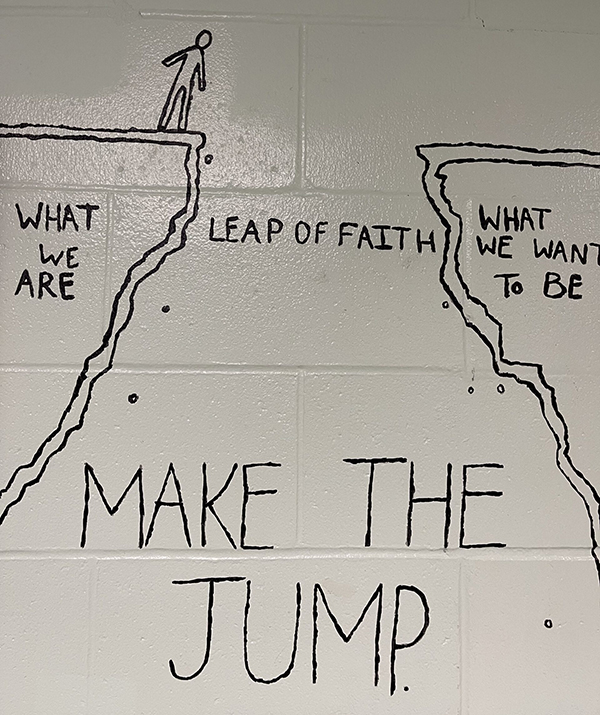
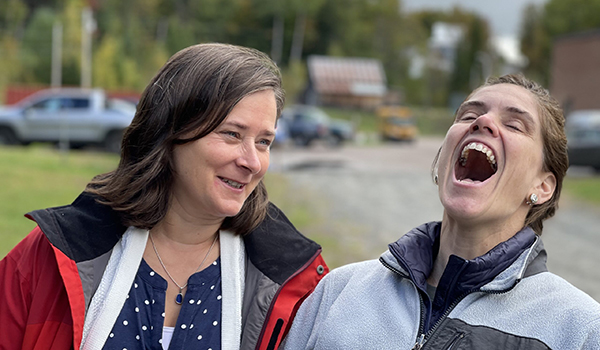
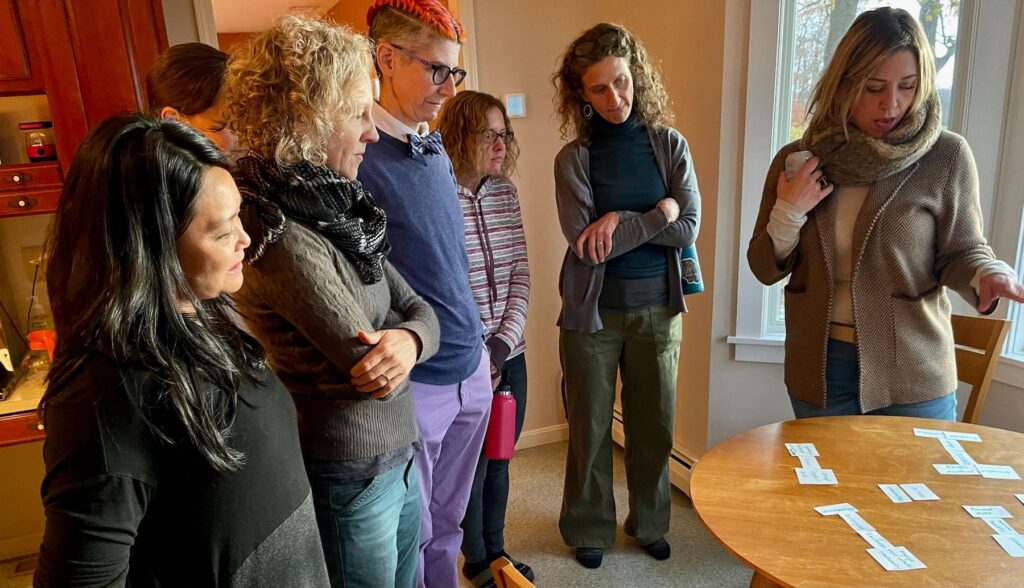
The Two-Year Cohort Model
| YEAR TWO: Collaboration & Implementation | ||
| September: | Rowland Fellows return to teaching duties, typically with some release time built in so they may continue to lead their Fellowship work. The first Cohort Meeting of the new school year takes place at one of the Rowland Fellows’ schools. | |
| October: | Rowland Fellows attend the All Fellows Retreat to learn more about the Rowland Foundation’s work and to connect with Fellows from other cohorts. Rowland Fellows bring a school team to the Annual Rowland Conference for an important shared learning opportunity. | |
| November: | Rowland Fellows meet with their Cohort at one of their schools. | |
| January: | Rowland Fellows meet with their Cohort at one of their schools. | |
| March: | Rowland Fellows meet with their Cohort at one of their schools. | |
| May: | Rowland Fellows have their last official Cohort meeting at one of their schools. Rowland Fellows may continue to convene their Cohort, formally or informally, on their own. | |
| The Future: | After the end of the Two-Year Cohort Cycle supported by the Rowland Foundation, Rowland Fellows may still be implementing aspects of their Fellowship initiative or actively sharing their model with other schools. Some Rowland Fellows return in full to their teaching role, and some seek out new opportunities in educational leadership or elsewhere. After the Two-Year Cycle, many Rowland Fellows seek out leadership opportunities supported by the Rowland Foundation and available to them as “veteran” Fellows such as: the Rowland Leadership Grant, The Rowland Encore Grant, and the Rowland Women’s Leadership Grant. | |
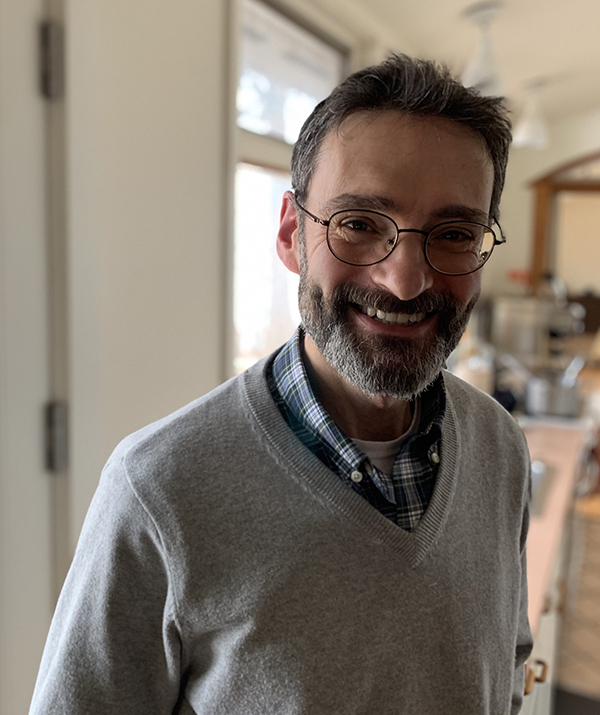
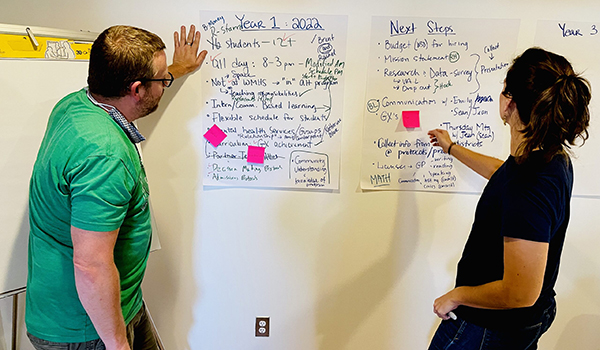
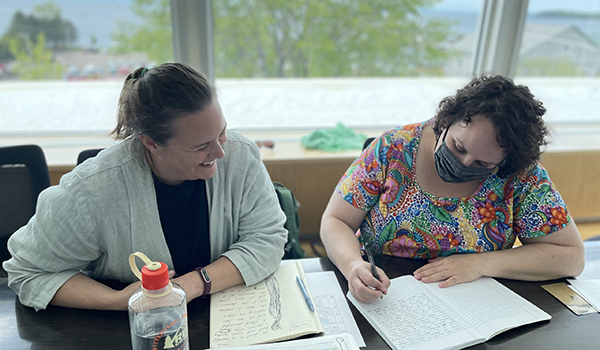
The Rowland Fellowship in 3 words:
transformative
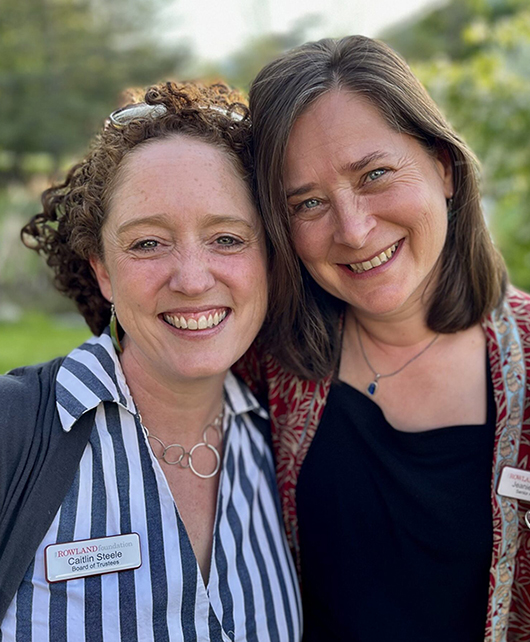
inspiring
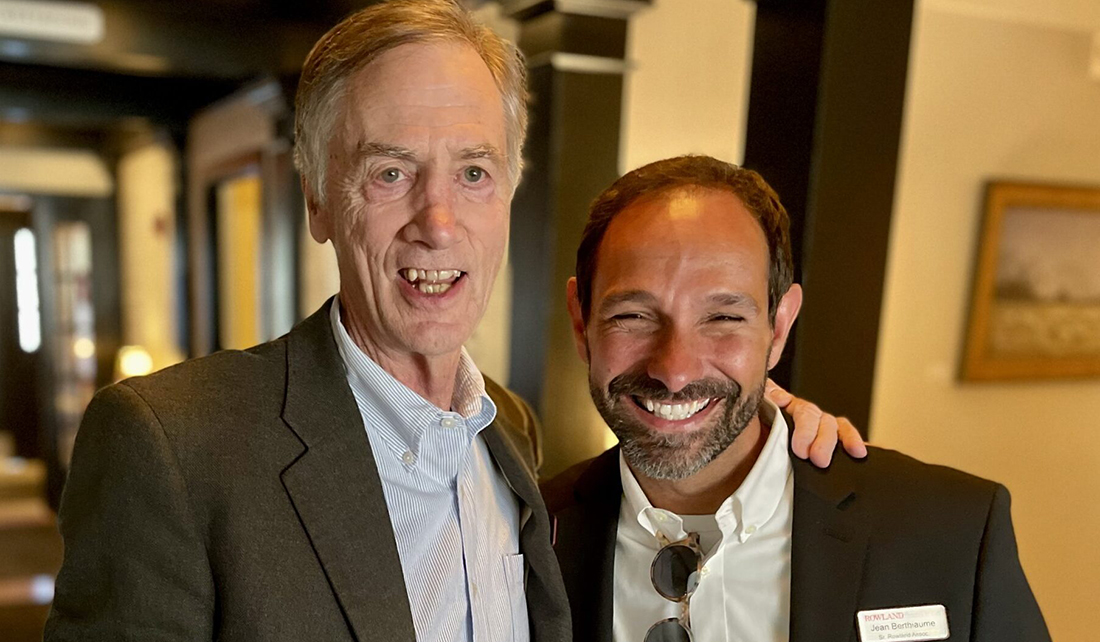
empowering
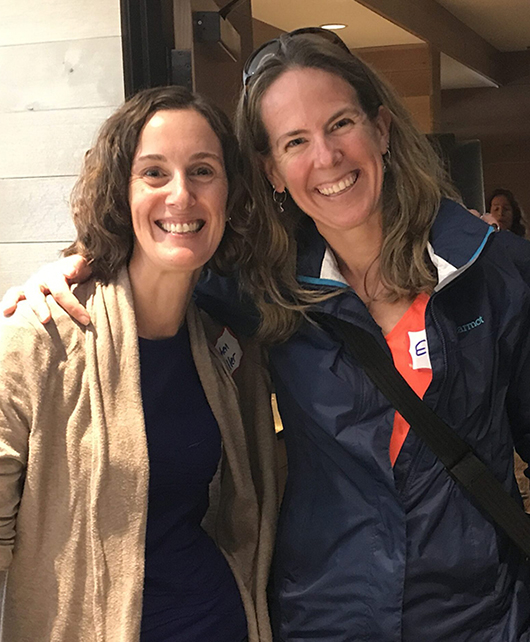
FAQs
Some frequently asked questions about the Rowland Fellowship:
Vermont teachers practicing in the secondary or middle grades, including all subject areas, as well as guidance counselors, mental health counselors, or healthcare professionals who are full-time staff at a Vermont school are eligible. In short, any teacher working with students on a daily basis in a Vermont school is encouraged to apply. Administrators, coordinators, and instructional coaches are not eligible to apply. The Rowland Foundation only accepts proposals from Vermont schools that are 1) eligible for public funding, and 2) do not have selective admissions.
Absolutely, and in fact, they are strongly encouraged! However, the grant amount remains the same as it would be for an individual applicant. In their Rowland Fellowship proposal, co-applicants should explain why their partnership will be effective and how they plan to share funds for release time from their teaching duties.
The Executive Director closely reads and reviews all applications each year. Applicants who put forward the strongest proposals are then invited to interview with the Executive Director at the Rowland Foundation’s office in Burlington. Based on these interviews, the Executive Director recommends a list of finalists to the Board of Trustees who ultimately select the new cohort of Rowland Fellows.
The Rowland Foundation only selects proposals with the potential to make a real difference for all students at the school. Applicants should show a commitment to shared leadership, lifelong learning, and collaboration. Proposals should show a systemic approach to positively changing school culture & climate-not just a new course or alternative program. Also, significant attention is given to the level of support from the principal or head of school. For Rowland Fellows, this is always a critically important partnership.
When asked what the most important part of their Fellowship experience was, most Rowland Fellows say it was the “gift of time”. During the release time provided by the Rowland Fellowship grant award, which pays for a long-term substitute, Rowland Fellows conduct research, consult with experts, and learn more about organizational change strategies. Rowland Fellows use this time away from the classroom to visit schools and institutions around Vermont, in other states, and even in other countries. Rowland Fellows also often connect with veteran Rowland Fellows to learn from their work at Vermont schools. While Rowland Fellows stay connected with their school during this release time through Steering Committee meetings and other work, doing work outside the classroom gives them new perspectives and insights on their practice, as well as their role as educational leaders.
Applicants are asked to submit a preliminary budget. Since release from teaching duties is usually a Fellow’s largest expense, it makes sense to ask your district’s business office for the reasonable average cost for a long-term substitute in your district. You should also include any conferences, site visits, and other planned travel, and the cost of meetings, gatherings, or retreats you wish to host for your steering committee or school community. We recognize that these numbers are subject to change. Once selected, Rowland Fellows will meet with their Principals and the Rowland Foundation’s Executive Director to finalize their budgets. Budgeting is an iterative process that, when done well, helps inform Fellowship strategies. Rowland Fellows are required to submit their updated budgets to the Executive Director twice a year during their two-year cohort cycle.
Great! They can help give you ideas for your proposal. There’s no limit on the number of Rowland Fellowships a school can receive. However, we do limit each school to a maximum of two applications per year, each requiring the principal’s enthusiastic support.
We don’t accept proposals from schools who have Rowland Fellows still in the two-year Cohort Cycle. We want to give Fellows the opportunity to substantially complete their Fellowship work before launching into something new.
Please visit this page for a list of schools who have had a Rowland Fellow.
As previously mentioned, Rowland Foundation grants need to be sustainable over time. It is our assumption that the school will create budget strategies to sustain the work moving forward. With that in mind, we generally do not fund:
- Faculty or staff salaries
- Student travel programs or scholarships
- Capital costs (e.g., buildings, building renovations, large-scale technology purchases)
- Graduate degrees for the applicant (note: we certainly are willing to fund a course or two related to the applicant’s initiative)
- Curriculum development, particularly to a specific discipline
- Equipment or supplies that could reasonably be expected to be part of a school’s annual operating budget
The Rowland Fellows Cohort meetings typically take place every other month, with a few exceptions. (For a closer look at how the two-year cycle is structured, please consult our Two-Year Cohort Model above.) Our Senior Rowland Associates organize and facilitate the Rowland Fellows Cohort meetings. They also incorporate collaborative practice strategies and bring in additional resources as needed.
Rowland Fellows learn to rely on their cohort as a trusted peer group. During cohort meetings, Rowland Fellows help each other articulate challenges, explore new strategies, and celebrate successes during their Fellowship work. The Rowland Fellows Cohort model is a cornerstone of the Rowland Foundation’s approach to school change. The Executive Director attends all cohort meetings during the two-year cycle of a Rowland Fellowship.
One of your letters should be written by your principal or head of school to demonstrate their strong support for you and your proposal and how it is likely to impact your school’s culture and climate. At least one other letter should come from a current colleague. For the third letter, applicants often turn to other administrators, current or former colleagues, students, or other members of the school community. We recommend that at least one of your letters come from a colleague who you currently work with and would likely support for your Fellowship work as a member of your Collaborative Work Group.
If you choose to include digital support materials, please provide a QR code or tiny url that can be used to access the material on-line. Please do not send flash drives or other hardware with your application.